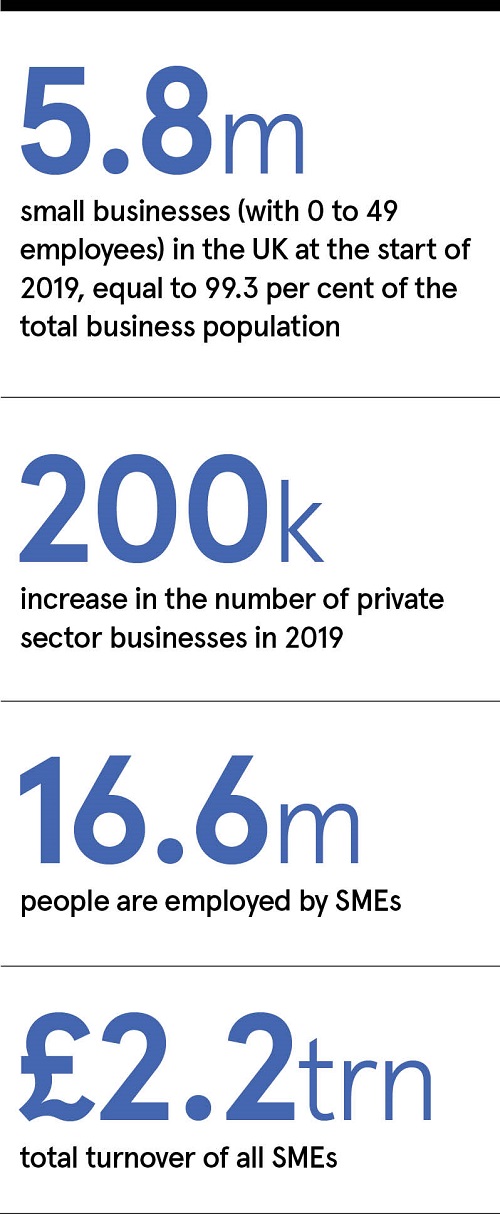Perhaps the greatest challenge for anyone starting their own company is to be an expert multi-tasker. You have to consider the market and the external pressures that will shape your chances of business success. But you also have to keep a close eye on internal resources and how you’ll best deploy them.
Amid all this though, we firmly believe that founders should never underestimate the benefit of a solid exit plan, regardless of what such a plan might look like. 
For some, an exit plan will set a concrete time limit for when a company will be sold, a hard deadline of five or ten years, for example. For others, the exit plan may be much vaguer or might include never being sold at all. Having a particular valuation goal in mind might provide focus and prevent management from becoming distracted by early opportunistic offers.
Reaching true potential
Even a cursory flick through the recent history books of capital markets will show that exit paths for all startups can be peppered with potholes and strewn with hurdles.
A visionary founder might have admirable ambitions for a quick expansion followed by a sale or listing, but a whole array of high-profile examples over the past months have proved this couldn’t be further from the norm.
Big name mergers and acquisitions (M&A) success stories tend to get more airtime than tales of regular deals, so it’s important to understand headlines have the potential of creating overly optimistic valuations.
I’ve worked in the industry for well over 15 years. I’ve seen brokers push companies to sell even though they’re not ready, just so they can cash in a retainer and success fee. Many never even consider what it would take to get their client the best possible valuation. Founders risk wasting time and energy on an unsuccessful exit process or selling their company at a price that is far lower than they could have achieved.
At Lighthouse we work on our brand being linked to our domain knowledge as well as successful deals, which create maximum value for our clients. As a result, and perhaps counter-
intuitively, we will advise our clients to delay an exit if we think the timing is not perfect and they would maximise their valuation at a later date. As a consequence, we typically see our clients significantly grow their valuations.
Navigating rocky markets
The market may well be on the brink of an inflection point and agility will be key to navigating whatever lies ahead. At Lighthouse, we fundamentally believe that success is linked to three distinct qualities.
First, is a clear and comprehensive commercial plan. With deep-pocketed investors, who are eager to get their hands on any asset that will provide a return, it can be easy for valuations to become inflated, even bubble-like.
Taking into account that the metrics for an exit are different to those of growth-focused startups, we take a traditional approach when it comes to assessing the financials of a firm. If the company has yet to generate a profit, we work with it to develop a plan under which it can demonstrate the path to profitability to potential buyers.
We help our clients to generate realistic forecasts and we can help them to develop the firepower to weather the storms that are likely to come their way. Financials are certainly not everything, but they are the bedrock of a solid company.
Next is technology. As we gradually come to terms with what’s become known as the fourth industrial revolution, staying ahead of the curve is paramount for any tech company that wants to matter in the long run. However, innovation should be focused on a demonstrable market requirement, rather than an interesting challenge. A focus on innovation that solves a market need is something that cannot be compromised.
We typically see our clients significantly grow their valuations
And finally, it’s people. We’ve come across dozens of companies with great commercial value and truly game-changing technology, but if management focus is lacking then success will never be guaranteed. Founders who run companies must have the ability themselves or within their team to turn their hand to a plethora of different types of challenges. They must be able to recognise risks and opportunities, and have a head for numbers, but also be people focused to the core.
We know there are scores of promising startups out there in the world of tech. We’re particularly excited about those shaking up the healthcare sector with artificial intelligence-led solutions, helping with early diagnosis and prevention. We also have a keen eye on tech opportunities in the financial services and education sectors. Learning and development is a huge and underexplored market that has the potential to benefit cash-starved schools, and thrive with digital innovation and interconnectivity.
But regardless of the sector, the businesses that will truly shine will be those that prioritise the following three components: commercial soundness, technological excellence and a versatile management team that can turn its hand to any challenge.
As an M&A advisory firm in the tech sector, we’re excited by the next decade. We remain deeply conscious of how important it will be for founders to pay close attention to the fundamentals, to stay agile at all times and not to be distracted by the hype cycle.
In his 2007 letter to Berkshire Hathaway shareholders, veteran financier Warren Buffet noted: “You only learn who has been swimming naked when the tide goes out.” Similarities are certainly starting to emerge between the market then and the market now. We’re trying hard to identify the companies that have been hiding something behind the waves of overly optimistic cash sloshing around the market. An ebbing tide will even the playing field and expose where true value lies. It may be a little uncomfortable at first, but in the long run it will definitely be worth it.
For more information please visit www.lighthouse-advisory.co.uk
